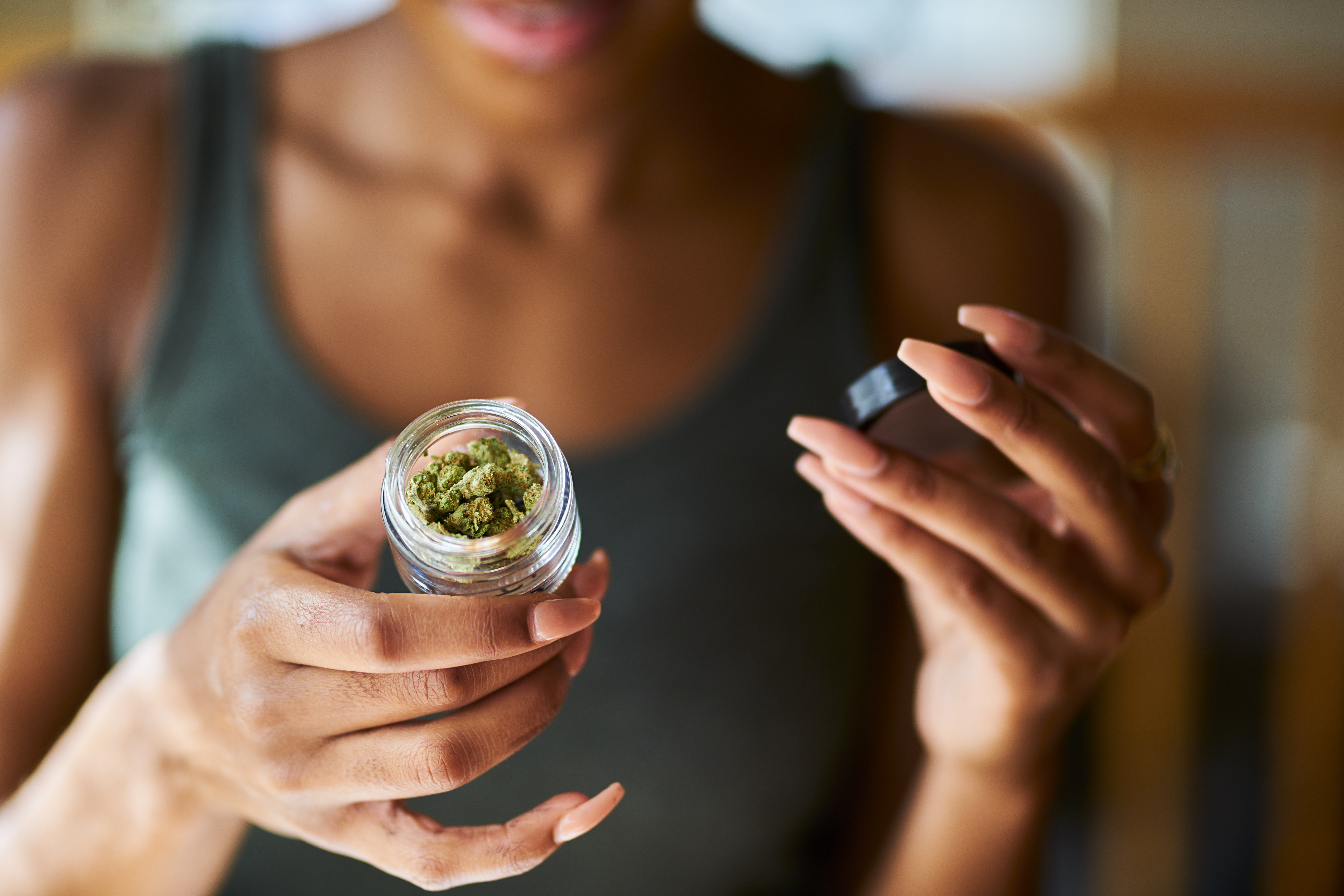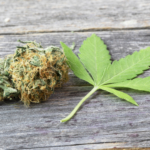While we have seen decreasing rates of alcohol and tobacco use during pregnancy over the last few decades, the use of cannabis during pregnancy is on the rise. Some women use cannabis recreationally; however, qualitative studies indicate that pregnant women report using cannabis to manage a range of psychological symptoms, including anxiety and depression. Given the increasing prevalence of use in women of reproductive age, it is vital that we have information on the effects of cannabis use on maternal and infant outcomes.
A large cohort study from Canada provides important information on the use of cannabis during pregnancy. The Canadian cohort included 1,280,447 singleton births from registries in Canada from the provinces of British Columbia, Ontario, Newfoundland, and Labrador born between April 1st, 2012 and March 31st, 2019. (This cohort represents about half of Canadian births during that time period.) Logistic regression was used to determine the associations between prenatal cannabis use and maternal and infant outcomes.
The prevalence of self-reported cannabis use in this cohort was approximately 2%. Prenatal cannabis use was associated with increased prevalence of the following outcomes (adjusted odds ratios are shown):
- Spontaneous and medically indicated preterm birth (1.80, CI 1.68-1.93 and 1.94, CI 1.77-2.12, respectively),
- Very preterm birth (1.73; CI 1.48-2.02),
- Low birth weight (1.90, CI 1.79-2.03),
- Small-for-gestational age (1.21, CI 1.16-1.27) and
- Large-for-gestational age (1.06, CI 1.01-1.12),
- Any major congenital anomaly (1.71, CI 1.49-1.97),
- Cesarean section (1.13, CI 1.09-1.17), and
- Gestational diabetes (1.32, CI 1.23-1.42).
No association was found between cannabis use and stillbirth or gestational hypertension.
Findings of Worse Outcomes Consistent with Previous Studies
This is one of the larger studies to date looking at the effects of prenatal exposure to cannabis; it included over 25,600 infants with cannabis exposure. The findings are consistent with other studies examining the impact of prenatal cannabis exposure on maternal and infant outcomes. This and other studies indicate that the use of cannabis during pregnancy increases the likelihood of preterm birth, low birth weight, small-for-gestational age and major congenital malformations in exposed infants. While other studies have indicated a link between cannabis exposure and stillbirth, the current study did not.
In this type of study that is not randomized, there are obviously differences between the individuals who choose to use cannabis during pregnancy versus those who do not use cannabis. Nor do we have information on the frequency or amount of cannabis used. In this study, pregnant individuals who used cannabis were younger and less likely to have a normal pre-pregnancy BMI, and had higher rates of concurrent substance use, particularly tobacco. However, the researchers were able to control for many of these potential confounding variables, including smoking and the use of other substances. The results did not change: the use of cannabis alone was associated with worse maternal and infant outcomes.
Moving Forward
Of note is that this study was performed for the most part prior to the legalization of passage of the Cannabis Act (Bill C-45) in 2018, legalizing the possession, distribution, sale, and production of cannabis in Canada. During the year prior to the passage of this legislation, approximately 15% of Canadian women of childbearing age reported cannabis use, a trend that is expected to increase with the changing legislation. In the United States, the relaxation of legislation surrounding cannabis use has prompted a steady increase in the number of women using cannabis prior to and during pregnancy.
Many women who are pregnant or planning to conceive are unaware of these risks. Thus, it is essential that clinicians, as well as those working in dispensaries, educate women about the risks associated with cannabis use during pregnancy.
Ruta Nonacs, MD PhD
Luke S, Hobbs AJ, Smith M, et al. Cannabis use in pregnancy and maternal and infant outcomes: A Canadian cross-jurisdictional population-based cohort study. PLoS ONE 2022; 17(11): e0276824.








Leave A Comment